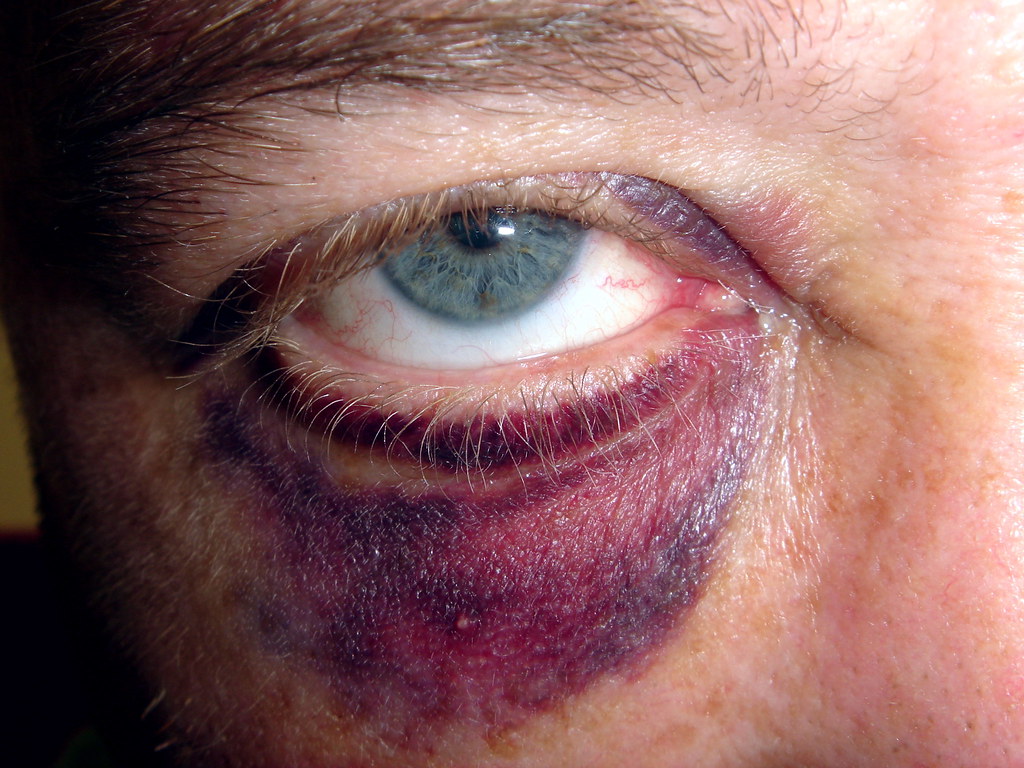Retinoids
is a wonderful medicine that helps to treat acne, rosacea,
folliculitis, psoriasis and many skin conditions. It can even smoothen
skin tone and stimulate collagen production. But do not use retinoids
especially the oral form (e.g. Roaccutane) during pregnancy or
breastfeeding. In fact, you must be more than 100% sure you are not
pregnant before starting it, and if you are sexually active, use at
least two forms of birth control e.g. birth control pill + condoms.
Being a parent is a serious responsibility. With oral retinoids, it is almost a sure thing that the innocent baby will end up with birth defects.
You are on oral retinoids and planning to get married? Afraid not. Just inform your dermatologist so that we can help with your family and skin care planning by changing your medications to other safer options.
Different oral retinoids stay in the body for different duration. Usually you will be told to stop your isotretinoin for at least a month (or until next menstrual cycle), but with acitretin, it is probably best to plan for pregnancy after 3 years of stopping it! For this reason, we seldom start young ladies on childbearing age on acitretin unless we have no other option.
Some medications may even pass to the future baby from the father. One of the example is methotrexate. The whole process of spermatogenesis in human takes about 74 days, and if you count in the transport in the ductal system, it can take about 3 months. Hence, it is best to wait for at least 3 months after the father has stopped methotrexate before making baby!
For all future mothers, here’s other medicines and things you need to stop. This list is not complete and some medications can not be stopped just like that, your baby need healthy mother to take good care of him/her too, so please check with your doctor before planning for your family!
⛔️painkillers
⛔️immunosuppresants and chemotherapies
⛔️some blood thinners e.g warfarin
⛔️cholesterol medicines
⛔️some seizure medicines
⛔️some antihypertensives
⛔️some antidepressants and mood stabiliser
⛔️some antifungals
⛔️some antibiotics
⛔️alcohol
⛔️caffeine
⛔️⛔️smoking
And don’t forget to start taking folic acid!
Being a parent is a serious responsibility. With oral retinoids, it is almost a sure thing that the innocent baby will end up with birth defects.
You are on oral retinoids and planning to get married? Afraid not. Just inform your dermatologist so that we can help with your family and skin care planning by changing your medications to other safer options.
Different oral retinoids stay in the body for different duration. Usually you will be told to stop your isotretinoin for at least a month (or until next menstrual cycle), but with acitretin, it is probably best to plan for pregnancy after 3 years of stopping it! For this reason, we seldom start young ladies on childbearing age on acitretin unless we have no other option.
Some medications may even pass to the future baby from the father. One of the example is methotrexate. The whole process of spermatogenesis in human takes about 74 days, and if you count in the transport in the ductal system, it can take about 3 months. Hence, it is best to wait for at least 3 months after the father has stopped methotrexate before making baby!
For all future mothers, here’s other medicines and things you need to stop. This list is not complete and some medications can not be stopped just like that, your baby need healthy mother to take good care of him/her too, so please check with your doctor before planning for your family!
⛔️painkillers
⛔️immunosuppresants and chemotherapies
⛔️some blood thinners e.g warfarin
⛔️cholesterol medicines
⛔️some seizure medicines
⛔️some antihypertensives
⛔️some antidepressants and mood stabiliser
⛔️some antifungals
⛔️some antibiotics
⛔️alcohol
⛔️caffeine
⛔️⛔️smoking
And don’t forget to start taking folic acid!






























